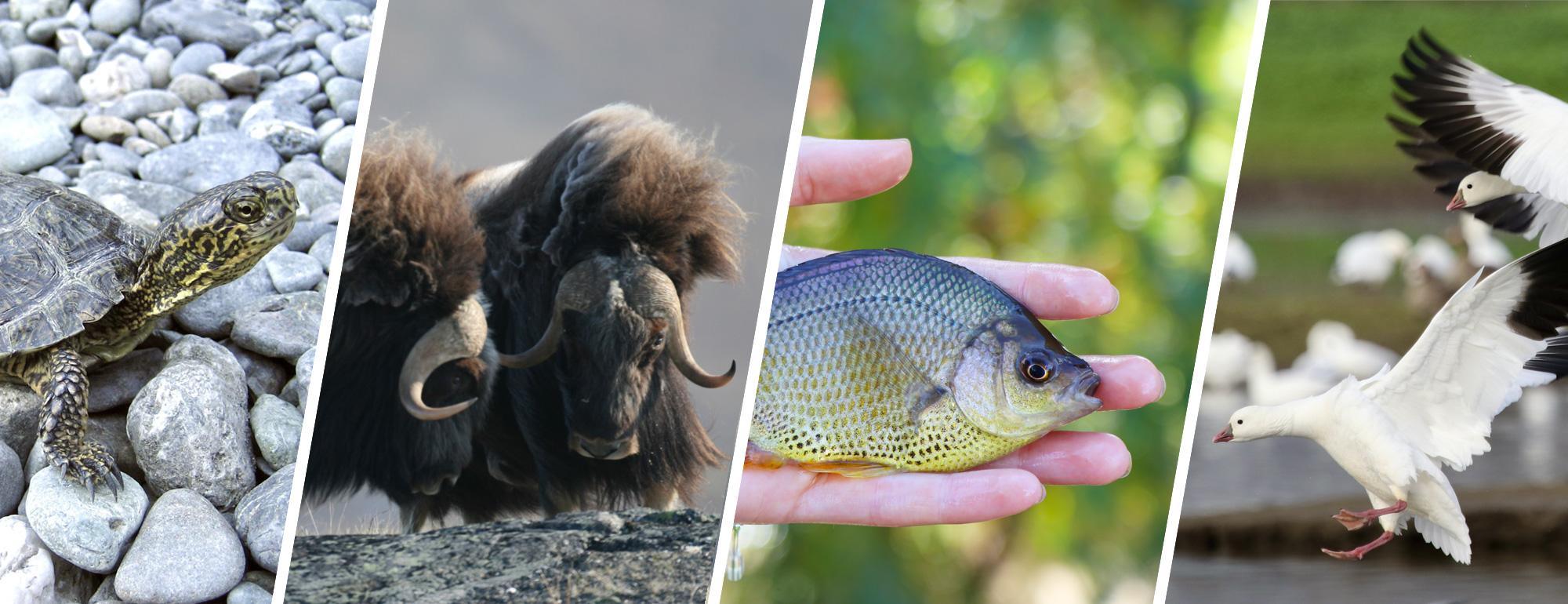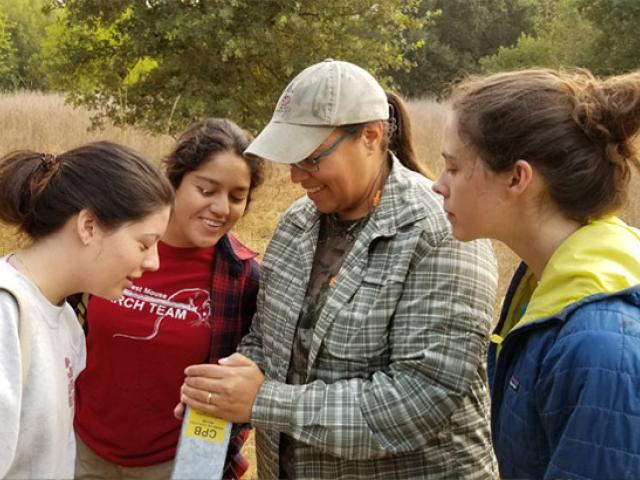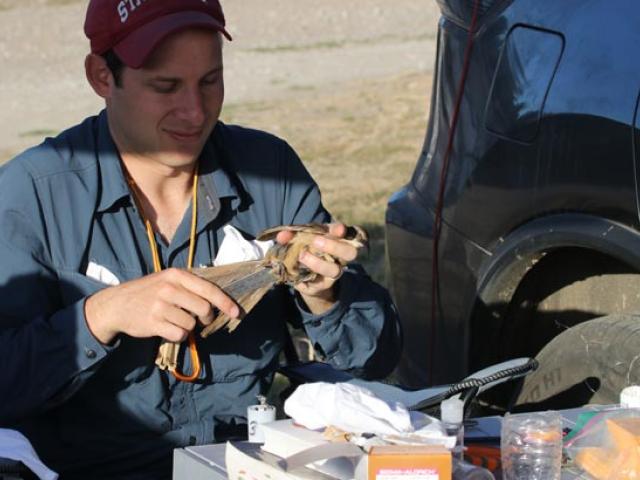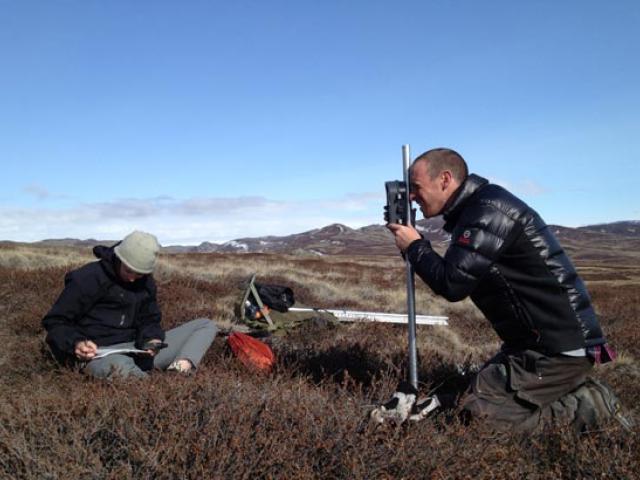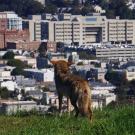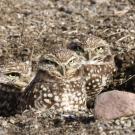Our mission is to promote research and understanding of the biology of wild vertebrates.
Our students emerge with a solid biological foundation on which they superimpose training in the ecology and management of wildlife and fish in natural as well as human-altered environments. They are established and emerging leaders in wildlife and fish biology, ecology, conservation, and management, with jobs as private consultants, agency wildlife or fish biologists, zoo biologists, and wildlife veterinarians, among others. The major prepares students well for post-secondary study, including veterinary school, graduate school, or pursuit of professional degrees in applied biology and ecology.

